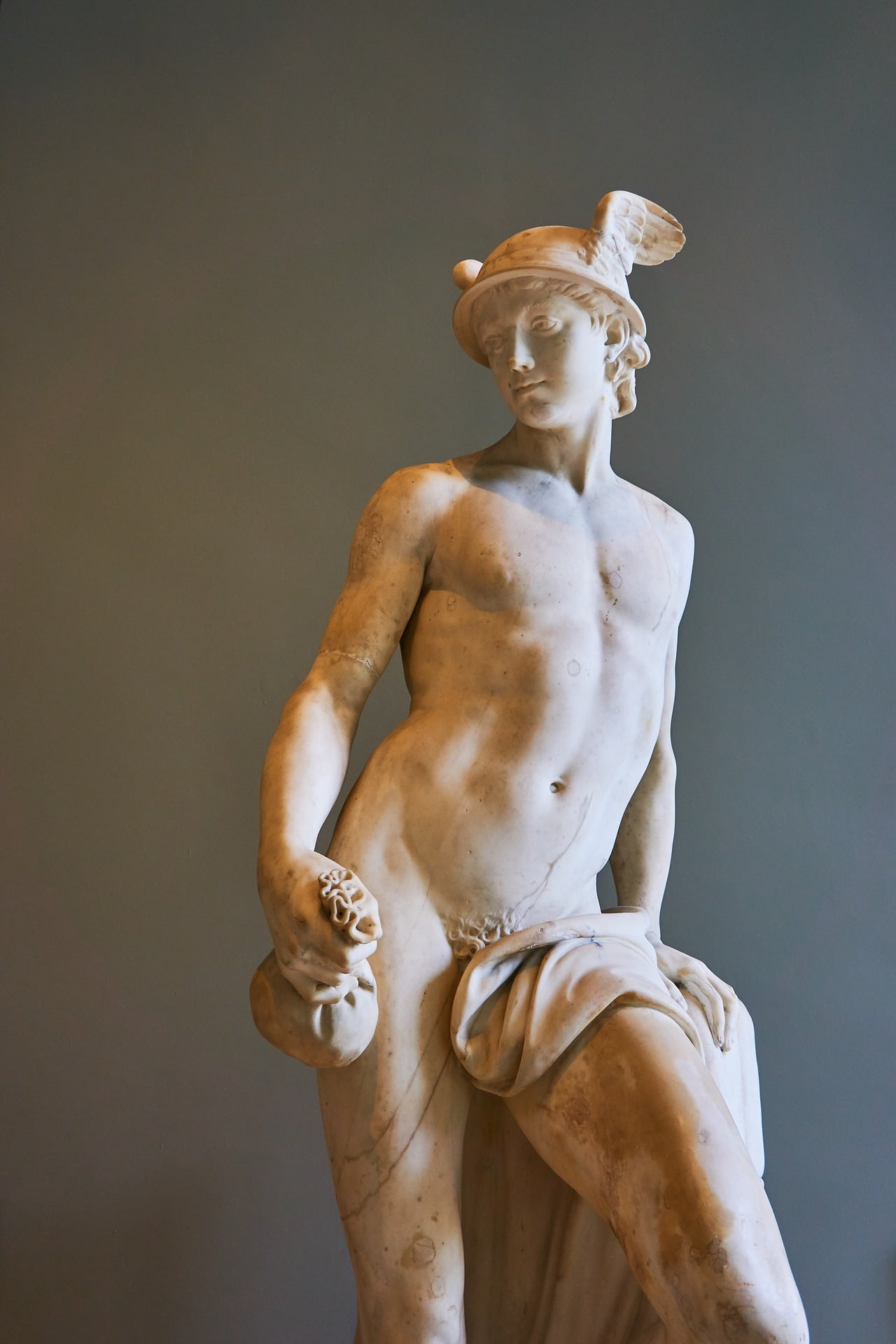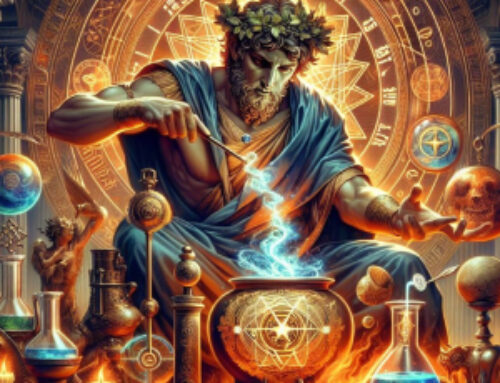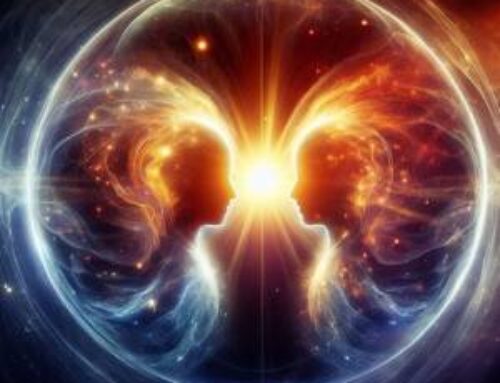Contents
In ancient Rome, spirituality and sensory exploration were fundamental themes. According to their beliefs, the Romans used rituals and meditations to pay their respects to the gods (Roman Gods) of the time. Hermeticism is associated with the divine messenger Hermes and the planet Mercury, and has its origins in this era as well.
Roman Gods
The Romans believed in a variety of gods and divine figures. However, they defined twelve “Dei consentes” that were considered the primary gods. These major gods were very similar to their Greek counterparts, but had different names. While these two mythologies appear quite similar, there are differences. Parallels can also be found among the Egyptian gods. The Romans developed a triad of gods, typical of many mythologies, consisting of Jupiter, Juno and Minerva.

The masculine principle Jupiter (Greek: Zeus) corresponds to the divine father and is also the god of thunder and lightning. Juno (Greek: Hera) is the female counterpart, the divine mother, and the goddess of birth and marriage. The virgin goddess of wisdom is Minerva (Greek: Athena), also the patroness of agriculture, the sciences, and the mistress of war and peace. The male god Mars (Greek: Ares) is a god of war, opposed by the female goddess Venus (Greek: Aphrodite), the goddess of love and beauty.
Apollo (Greek: Apollon) is the god of light, prophecy and poetry. The goddess Diana (Greek: Artemis) is virginal and associated with the domestic hearth, hunting, and the moon. Vesta (Greek: Hestia) is also a virginal goddess of the hearth and family. Ceres (Greek: Demeter) is recognized as the goddess of mother earth and fertility. Neptune (Greek: Poseidon) is the god of the sea. Vulcanus (Greek: Hephaistos) is the god of volcanoes and blacksmithing.
Nature was central to Roman spirituality, as they believed that nature was inhabited by souls and spirits. As a result, each element and geographical phenomenon found in nature had its own divine ruler. People paid tribute to them through rituals, meditation, material contributions and the construction of temples.
It was characteristic of Roman mythology that every aspect of life was governed by a god. In addition, the relationship between the Romans and their gods was marked by a consistent pragmatism. Offerings were made only when people were convinced that a particular god had helped them.
Another feature of the Roman world of gods was the existence of household gods. Daily rituals showed respect for them in everyday activities.
One of the most important Roman gods was Janus, the god of all beginnings and doors. He is considered the most famous Roman god and is also the namesake of the month of January. Mercury (Greek- Hermes) was known as the mediator between spirit and matter.
In Roman mythology, Mercury is considered the messenger god of travelers, merchants, and entertainers. Therefore, Mercury is also considered the god of magic and Hermeticism. Hermetic teachings, as taught at the Hermetic Academy, aim to unfold human potential. Some gods are seen as different aspects of a single entity, like the two sides of a coin.
What are the names of the 12 Greek gods?
Zeus (Jupiter) is the father of the gods. Poseidon (Neptune) is the god of the sea. Hera (Juno) is the goddess of family. Demeter (Ceres) is the goddess of the earth. Apollo is the god of poetry. Artemis (Diana) is the goddess of the hunt. Athena (Minerva) is the goddess of wisdom. Ares (Mars) is the god of war. Aphrodite (Venus) is the goddess of beauty.
Hermes (Mercury) is the messenger of the gods. Hephaestus (Vulcanus) is the god of blacksmithing. Dionysus (Bacchus) is the god of ecstasy. Hades (Pluto) is the ruler of the underworld. Persephone (Proserpine) is the Queen of the Underworld. Heracles (Hercules) is an oracle god. Hebe (Iuventas) is the goddess of youth.
Who is the highest Roman god?
Jupiter is the godfather and ruler of the heavens. Janus is the god of all beginnings and doors. He is considered the most famous Roman god and the namesake of the month of January.
What gods are there?
The masculine principle Jupiter (Greek: Zeus) corresponds to the divine father and is also the god of thunder and lightning. Juno (Greek: Hera) is the female counterpart, the divine mother, and the goddess of birth and marriage. The virgin goddess of wisdom is Minerva (Greek: Athena), also the patroness of agriculture, the sciences, and the mistress of war and peace. The male god Mars (Greek: Ares) is a god of war, opposed by the female goddess Venus (Greek: Aphrodite), the goddess of love and beauty.
Apollo (Greek: Apollon) is the god of light, prophecy and poetry. The goddess Diana (Greek: Artemis) is virginal and associated with the domestic hearth, hunting, and the moon. Vesta (Greek: Hestia) is also a virginal goddess of the hearth and family. Ceres (Greek: Demeter) is recognized as the goddess of mother earth and fertility. Neptune (Greek: Poseidon) is the god of the sea. Vulcanus (Greek: Hephaistos) is the god of volcanoes and blacksmithing.





